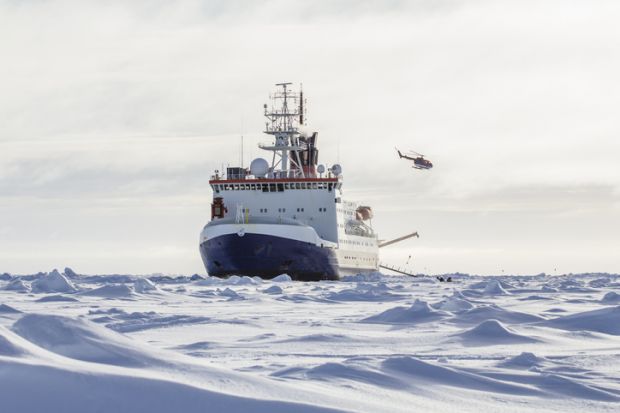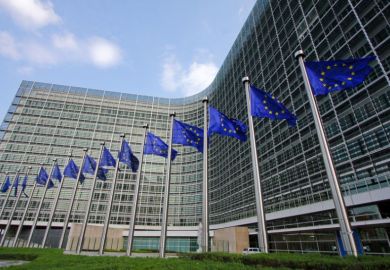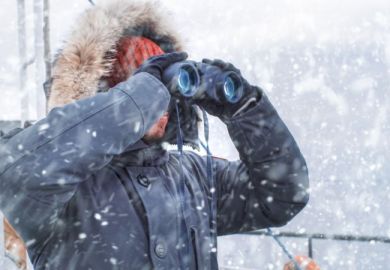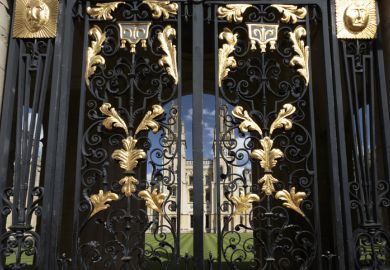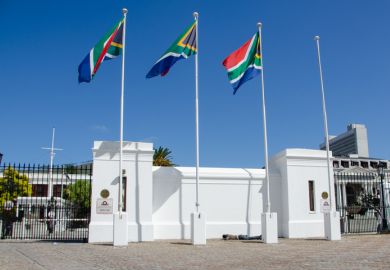The UK should consider establishing a dedicated institute to better coordinate its research on Arctic science, a parliamentary committee has recommended.
As the Russian invasion of Ukraine continues to disrupt pan-Arctic cooperation, the Environmental Audit Committee (EAC) also called for increased research funding from the government.
A new report by the House of Commons select committee, which is composed of MPs across all parties, is the culmination of its inquiry into the UK’s relationship with the Arctic.
The EAC said the Arctic is “undergoing rapid and alarming changes due to climate change”, which will impact global climate systems, including in the UK where 1.5 million properties are at risk of flooding by the 2080s.
And they warned that with Russia “frozen out” of the Arctic Council, the intergovernmental forum that addresses issues faced by the region, it now struggles to act as the key forum for cooperation.
Although UK Arctic scientists – across over 70 UK universities and research centres – “punch well above their weight” globally, the EAC said much of the region is under-researched and Western scientists now lack access to Russia’s half of the Arctic coastline.
Therefore, the committee has urged the government to move the Arctic up the political agenda, be more ambitious in reducing domestic emissions, and lead efforts to champion Arctic science globally.
It called for the UK’s new ice-strengthened polar research ship, RRS Sir David Attenborough, to voyage to the North Pole to demonstrate the country’s commitment to its responsibilities as the region’s closest neighbour, and for more study of the under-researched polar winter.
The committee criticised the lack of coordination across universities and within government, where it was “alarmed” to discover that the four ministers with joint responsibility for the region are yet to meet.
And it was told that the UK’s two-year-long absence from Horizon Europe had damaged UK Arctic research, and reduced the country’s capability and influence.
“We would like to see a more interdisciplinary, internationally collaborative approach,” said MPs.
“In our view there should be a UK National Arctic Research Policy, backed by increased funding, and the Arctic should be elevated within UKRI priorities.”
While grants are usually offered for short-term studies, they also called for strategic, long-term funding to support scientific monitoring over periods of at least 10 years.
James Gray, chair of the Environmental Audit Sub-Committee on polar research, said that before melting glaciers and ice sheets contribute to irreversible weather patterns, the UK “must throw our full toolbox” at understanding changes in the Arctic better.
“We must prioritise and put more funding behind scientific and multidisciplinary research,” he said.
“More collaboration is needed among UK universities to avoid repetition of scientific endeavours seeking out the same information, and with our international partners to learn and share resource,” he said.
Register to continue
Why register?
- Registration is free and only takes a moment
- Once registered, you can read 3 articles a month
- Sign up for our newsletter
Subscribe
Or subscribe for unlimited access to:
- Unlimited access to news, views, insights & reviews
- Digital editions
- Digital access to THE’s university and college rankings analysis
Already registered or a current subscriber? Login
